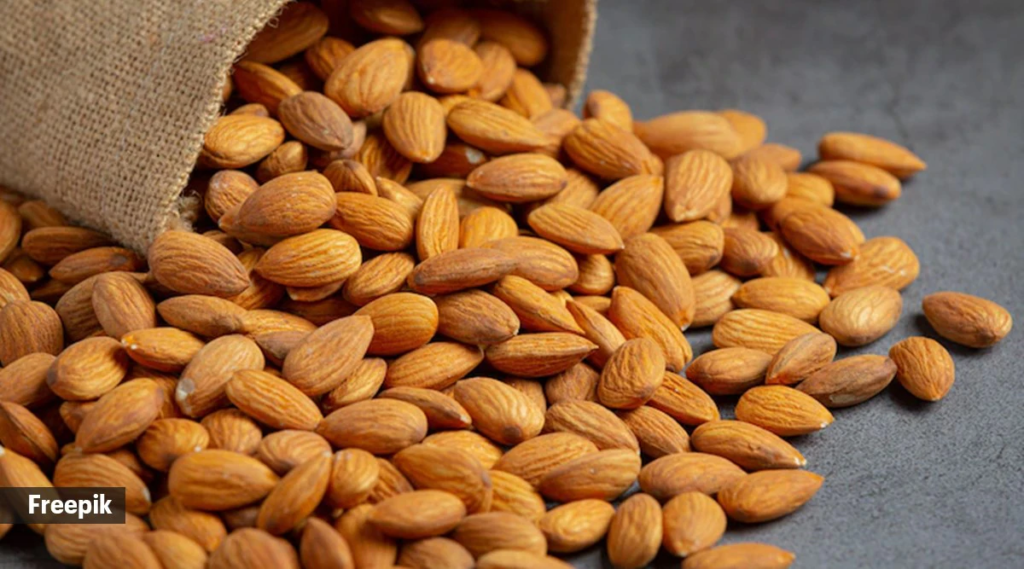


start your day right-with nutrients That matter ! packed with fibre pottasium ,vitamins and antioxidants ,this bowl is more than just tasty- it"s fuel of the day
Eat the Rainbow ,Track the nutrients “! This vibrant bowl is not just beautiful its loaded with vitamins A ,C ,K and plant based protien
Flavour Meets function nourishment in every spoon " perfect for a light,refreshing meal -rich in fibre,calcium ,and antioxident
Eat Smart , Live Well
Discover the power of micronutrients in your meals Explore science backed recipe that nourish your body , boast your health , and taste amazing
Healthy doesn't have to be hard
Fuel your body with delicious nutrient-packed meals browse recipes, understand what's on your plate , and feel better everyday
where Nutrition Meets Knowledge
Uncover the science of micronutrients and transform the you eat getexpert-backed recipesand nutrition insights in one place

R2 Healthy Food
Nourshing bowls for every mood rich in nutrients and flavours RecoveredRecipes.com
A nutritious bowl of oatmeal topped with banana slices blueberries, almonds and peanut butter promotes healthy eating and micronutrient-rich meal

R2 Healthy Food
Nourshing bowls for every mood rich in nutrients and flavours RecoveredRecipes.com
A nutritious bowl of Sprouts with veggies provides you protein and fibre rich meal

Discover the impact of your food choices: Will you nourish your body with wholesome fruits and vegetables, or indulge in tempting fast food? Explore the balance between healthy and unhealthy eating, and learn how your diet shapes your well-being.
Health benefits of lentils make them one of the most underrated superfoods in the world of nutrition and fitness. These tiny, protein-packed legumes are loaded Read more
Tofu, also known as bean curd, has been a staple in Asian diets for centuries—and for good reason. Packed with plant-based protein, essential minerals, and heart-healthy Read more
Greek Yogurt Health Benefits make this creamy, protein-rich dairy product one of the most powerful additions to any diet. Loaded with probiotics, calcium Read more
Chicken breast is one of the most popular and versatile cuts of poultry, favored worldwide for its lean profile, high protein content, and Chicken breast health benefits Read More
Paneer nutrition & health benefits make this popular Indian dairy product a must-have for anyone looking to build muscle, stay fit, or eat clean. Packed with protein Read More
Salmon is not just delicious—it’s a powerhouse of nutrition packed with omega-3 fatty acids, protein, and essential vitamins. In this article, we’ll dive into the Health Benefits Read More
Almonds are one of the most popular and nutrient-rich nuts enjoyed worldwide. Packed with essential vitamins, minerals, and healthy fats, they offer a wide Read More
Eggs are a staple in diets around the world—and for good reason. Packed with protein, vitamins, and healthy fats, they offer a powerful nutritional punch in a small package Read More
When it comes to healthy eating, few fruits are as celebrated as the apple. The phrase “an apple a day keeps the doctor away” has become a universal adage, and forRead More

Greek Yogurt
Lorem ipsum dolor sit amet, consectetur adipiscing elit. Ut elit tellus, luctus nec ullamcorper mattis, pulvinar dapibus leo.
- List Item #1
- List Item #2
- List Item #3

Add Your Heading Text Here
Lorem ipsum dolor sit amet, consectetur adipiscing elit. Ut elit tellus, luctus nec ullamcorper mattis, pulvinar dapibus leo.
- List Item #1
- List Item #2
- List Item #3
Add Your Heading Text Here
Lorem ipsum dolor sit amet, consectetur adipiscing elit. Ut elit tellus, luctus nec ullamcorper mattis, pulvinar dapibus leo.
- List Item #1
- List Item #2
- List Item #3

Add Your Heading Text Here
Lorem ipsum dolor sit amet, consectetur adipiscing elit. Ut elit tellus, luctus nec ullamcorper mattis, pulvinar dapibus leo.
- List Item #1
- List Item #2
- List Item #3








